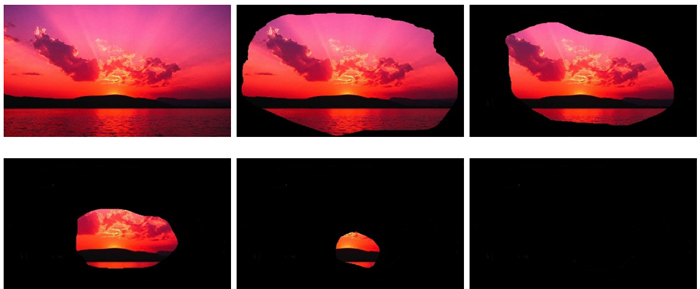Glaucoma
Glaucoma is a group of diseases in which ongoing optic nerve damage results in vision loss and blindness. The optic nerve is responsible for transmitting information from the eye to the brain so that images can be formed.
If the optic nerve is damaged, images cannot form properly and vision will becoming increasingly blurred. An eye with untreated glaucoma will eventually become irreversibly blind.
Patients with glaucoma can be completely without symptoms in the early stages. This is because visual loss starts in the periphery and is not noticeable until the central vision is threatened. Unfortunately, lost vision cannot be recovered even with treatment.
Different types of glaucoma
There are 2 main types of glaucoma: acute glaucoma and chronic glaucoma.
In acute glaucoma, the eye pressure rises very quickly due to sudden blockage of the drainage mechanism in the eye. The dangerously high eye pressure causes headache, nausea, vomiting, severe eye pain and blurring of vision. Visual loss can be permanent if the optic nerve is severely damaged.

Once the optic nerve connecting the eye to the brain is damaged, visual loss is irreversible.
In chronic glaucoma, the eye pressure rises slowly and without symptom. Damage to the optic nerve occurs slowly over a period of time. Visual loss affects the side vision first, and is not noticeable until central vision is threatened. By the time diagnosis is made, the damage may be extensive and irreversible.

The peripheral visual field gradually becomes narrower in chronic glaucoma, often without the individual realizing. Eventually vision is completely and permanently lost.
Who are at risk of glaucoma?
Glaucoma is more commonly seen in middle-aged or elderly people. Genetics play a significant part in glaucoma may be inherited. This means that individuals who have relatives with glaucoma have a higher risk of developing glaucoma.
Individuals with risk factors should consider glaucoma screening so that any disease can be diagnosed and treated early.
Treatment
Treatment for glaucoma is now extremely effective with modern eyedrops. Regular eyedrops aim to lower eye pressure and prevent further visual field loss. It is usually not possible to recover vision that is already lost before treatment was started.
At times, laser treatment may be added. For those who do not respond to eyedrops or laser treatment, surgery may need to be performed.
FAQs about glaucoma
My friend has just been diagnosed with glaucoma. Should I undergo glaucoma screening also?
Glaucoma screening is recommended for early diagnosis of this highly treatable condition. You should consider screening if:
- you are 45 years and older, and have never had an eye examination
- you have a relative with glaucoma
- you have had previous trauma to the eye
- have dim vision, blurred vision or narrowed side vision
- symptoms of acute glaucoma like headaches, eye pain, nausea & vomiting
When can I stop using the anti-glaucoma eyedrops?
Although there is no cure for glaucoma, eyedrops are extremely effective in lowering eye pressure as long as they are used religiously. Keeping the eye pressure low will reduce the risk of continued visual loss. Eye pressure will rise again if you stop using the eyedrops.
Therefore, individuals with glaucoma will very likely require anti-glaucoma eyedrops indefinitely.
Why do I need to see my eye doctor regularly even after I have started treatment?
Eye pressure measurement, visual field tests, nerve scans and detailed eye examinations are necessary on a regular basis to confirm that your disease is under control. Your eye doctor may need to modify your treatment based on these findings.
